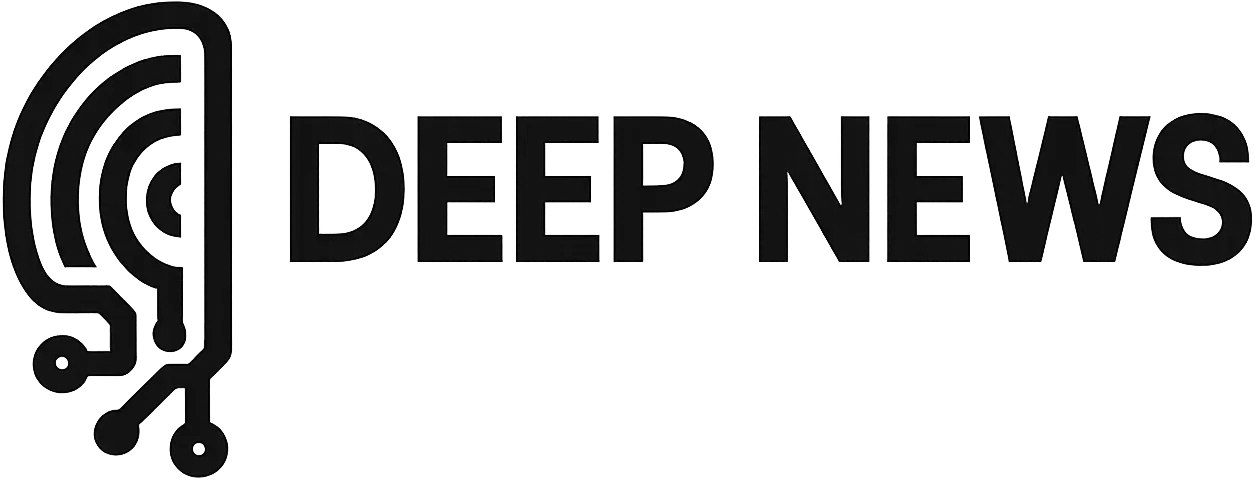The dark web is a part of the internet that is not indexed by traditional search engines, requiring specific software to access. One of the most well-known tools for navigating the dark web is the Tor network, which anonymizes users’ identities and locations by routing their internet traffic through a series of volunteer-operated servers. This layered encryption makes it difficult to trace users, providing a level of privacy that is appealing to various groups, including activists, journalists, and those living under oppressive regimes.
The security of the dark web is a double-edged sword. While it offers anonymity, it also attracts illegal activities, such as drug trafficking, weapons sales, and the distribution of stolen data. Law enforcement agencies worldwide monitor the dark web to combat these activities, leading to a constant cat-and-mouse game between criminals and authorities. Despite these challenges, the dark web remains a vital space for free expression, allowing individuals to communicate and share information without fear of censorship or persecution.
The future of the dark web and the Tor network is uncertain. As technology evolves, so do the methods used by both users and law enforcement. Enhanced surveillance techniques and advanced tracking methods pose significant threats to the anonymity that Tor provides. However, the demand for privacy and secure communication is likely to persist, ensuring that the dark web continues to play a role in global discourse.
Moreover, the dark web’s importance extends beyond illegal activities. It serves as a platform for whistleblowers and activists to expose corruption and human rights abuses. In countries where freedom of speech is restricted, the dark web can be a lifeline for those seeking to share their stories and connect with like-minded individuals.
As governments and organizations grapple with the implications of the dark web, discussions around regulation and ethical use are becoming increasingly relevant. Striking a balance between security and privacy will be crucial in shaping the future of the dark web. The ongoing evolution of the Tor network, including potential upgrades and new technologies, will also influence its role in the digital landscape.
In conclusion, the dark web and the Tor network are complex entities with significant global implications. Their future will depend on technological advancements, regulatory frameworks, and the ongoing struggle for privacy and security in an increasingly interconnected world. As society navigates these challenges, the dark web will likely remain a critical area of interest for researchers, policymakers, and users alike.
The dark web and the Tor network hold significant importance for several reasons, primarily centered around privacy, freedom of expression, and security.
Privacy Protection: One of the greatest importance of the dark web is its ability to provide anonymity. This is crucial for individuals who wish to communicate without fear of surveillance, such as whistleblowers exposing corruption or journalists reporting on sensitive issues. The Tor network allows users to bypass censorship and access information freely, which is vital in oppressive regimes.
Safe Haven for Activism: The dark web serves as a refuge for activists and dissidents. In countries where political dissent is met with harsh repercussions, the dark web enables individuals to organize, share information, and mobilize without the risk of government retaliation. This aspect underscores the dark web's role in promoting human rights and democratic values.
Information Sharing: The dark web facilitates the exchange of information that may be censored or restricted on the surface web. This includes discussions on controversial topics, access to banned literature, and the sharing of knowledge that can empower marginalized communities.
Research and Development: The dark web is also a space for researchers studying cybersecurity, criminal behavior, and the dynamics of online communities. Understanding the dark web can provide insights into emerging threats and help develop better security measures for the broader internet.
Economic Impact: While often associated with illegal activities, the dark web also hosts legitimate marketplaces and services. This includes platforms for privacy-focused products and services, which cater to users seeking to protect their data and online activities.
Global Connectivity: The dark web connects individuals across the globe, fostering a sense of community among those who prioritize privacy and freedom of expression. This global network can amplify voices that might otherwise go unheard, contributing to a more diverse and inclusive dialogue.In summary, the greatest importance of the dark web and the Tor network lies in their ability to safeguard privacy, promote free expression, and provide a platform for activism and information sharing. As society continues to grapple with issues of surveillance, censorship, and digital rights, the dark web will remain a critical space for those advocating for a more open and secure internet.

